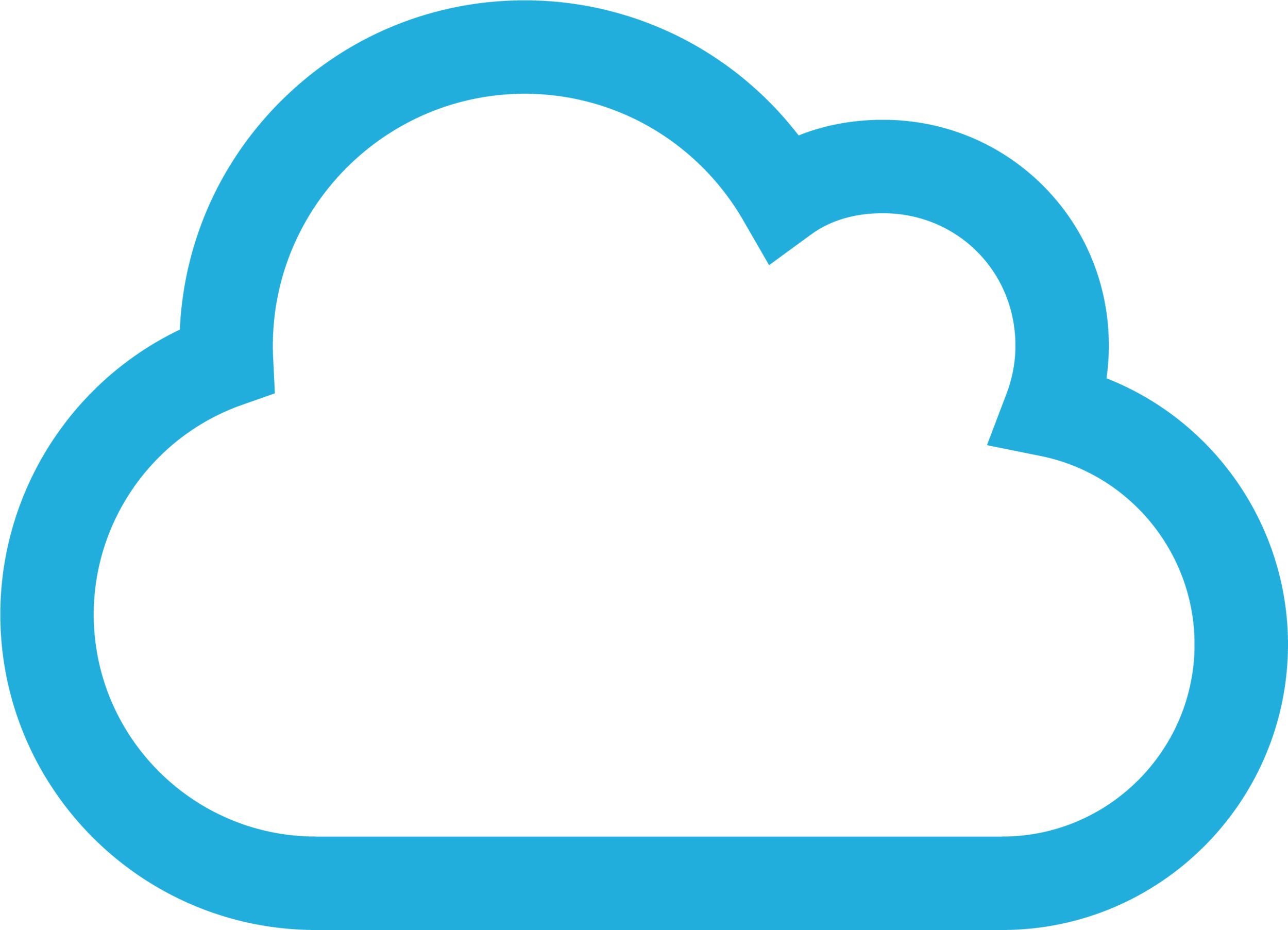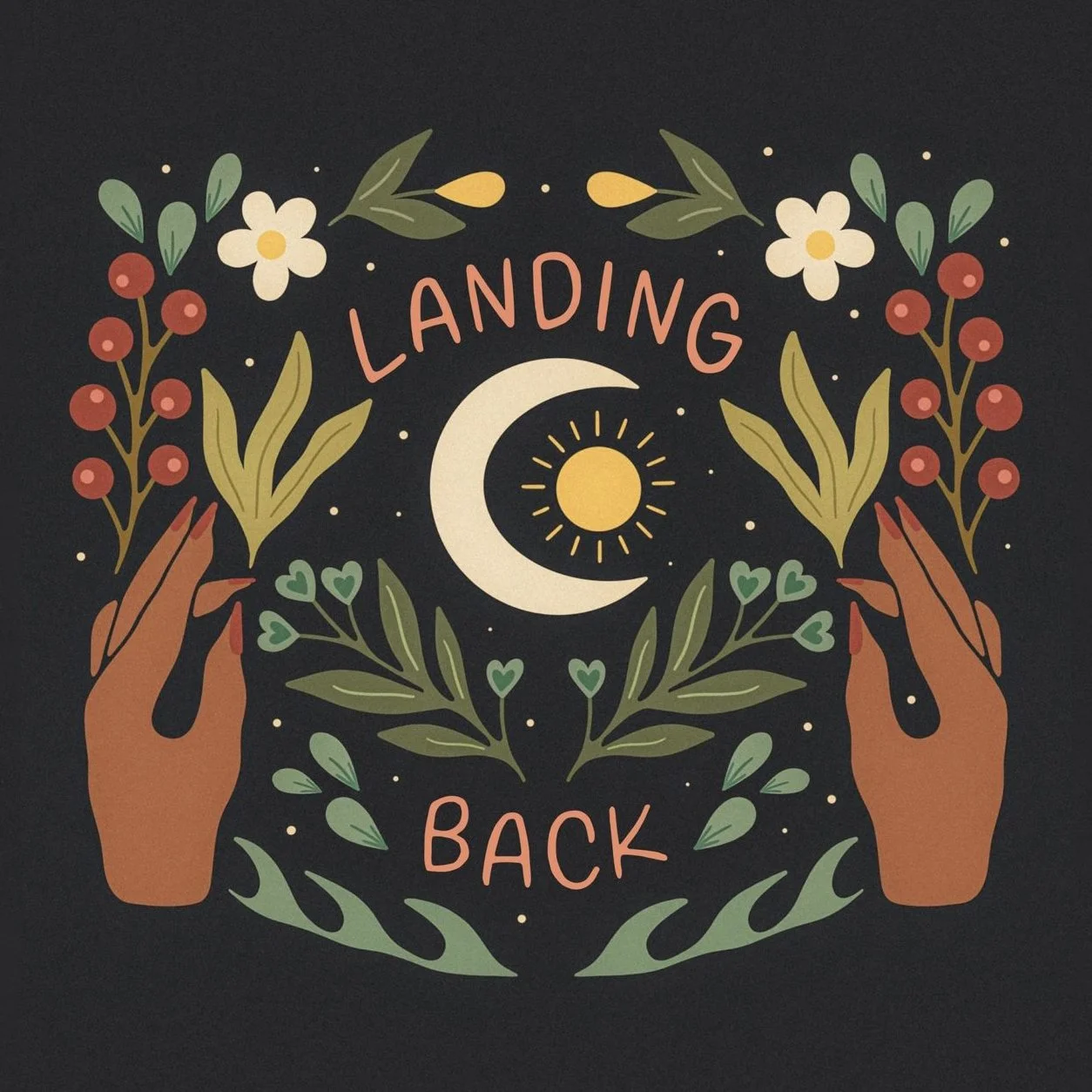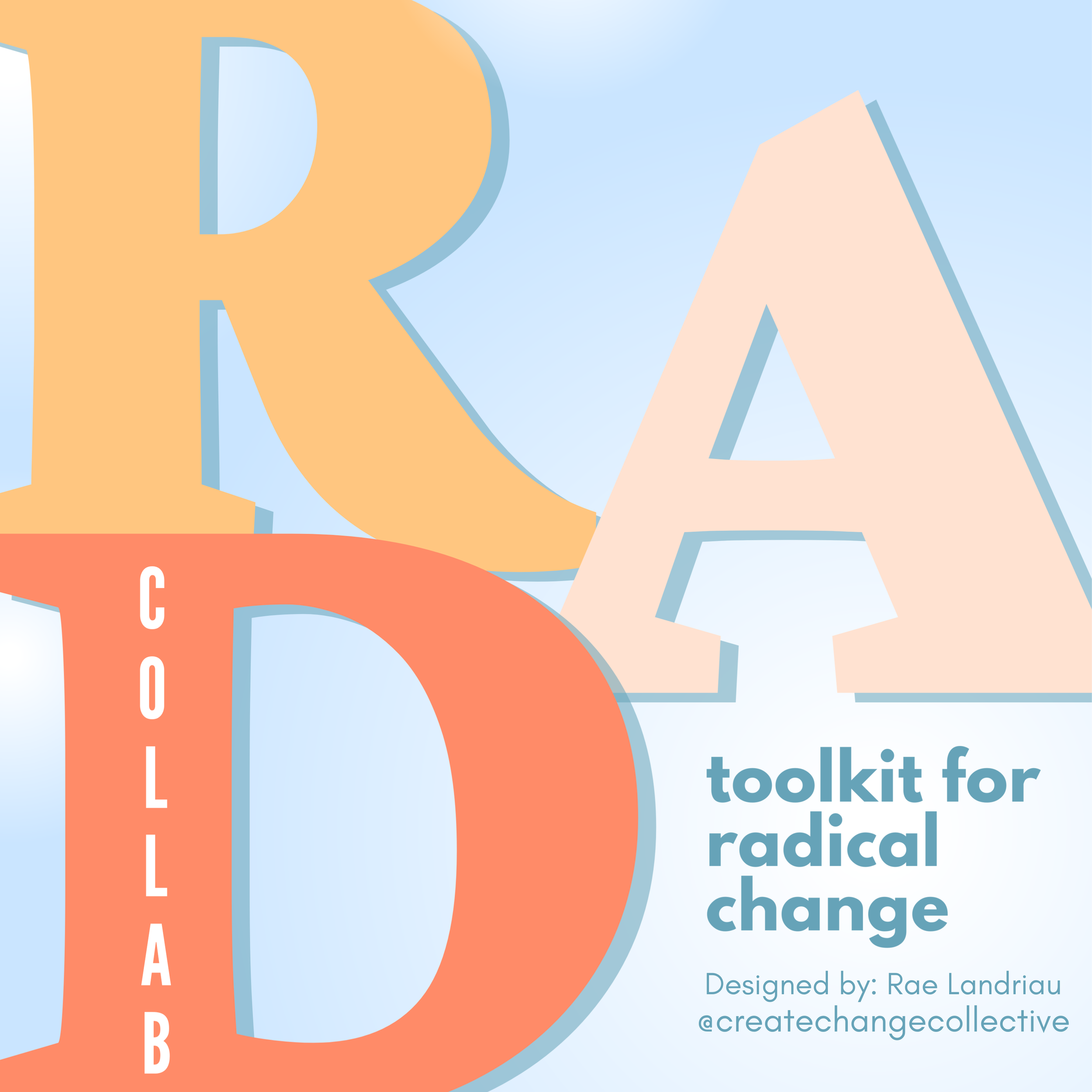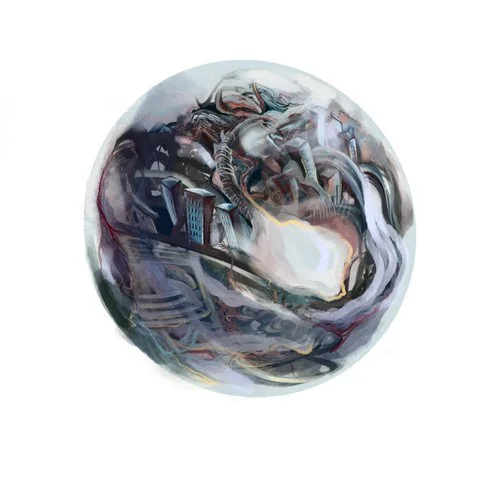ABOUT YOUTH CLIMATE LAB
Youth Climate Lab is a youth-for-youth global organization focused on transformative climate action. We design, pilot and scale projects to enable young people to build the just, climate-resilient futures they deserve. Since our inception in May 2017, we have worked with over 40 partners to design and deliver 30 projects reaching young people in 77 countries.

ABOUT THE YCL Toolbox
The Youth Climate Lab (YCL) Toolbox is an open access digital library of interactive resources to help you(th) leverage their lived experiences as expertise and take action on key climate issues. These tools and activities were created to demystify climate policy processes, increase knowledge of the intersections of climate justice, and build skills such as critical thinking, design, advocacy, and effective communication.
"Love letter to the land" by Sabrina Guzman Skotnitsky
We invite you to explore the Toolbox through our Listen, Imagine and Read sections, or by searching by keyword or topic.
Resource topics include the Sustainable Development Goals, Indigenous knowledge, climate finance, multi-solving, municipal politics and more!
If you want to learn about participating in future projects or partnering with Youth Climate Lab, visit the Get Involved section!

LISTEN
Listening and sharing stories is an important way to mobilize action for climate justice on a large scale. Check out our audio blog series, from tips on greening finances to conversations with Indigenous and Global South youth on grassroots movement work.
Featured
Listen as Youth Climate Lab's Community Manager, Celeste Alcena, and Elizabeth Landau of GreenPortfolio discuss the world of climate finance and greening your finances.
This series shows how young leaders from the Global South are putting multi-solving into practice at the grassroots level, and offers us the opportunity to learn from them what action needs to be taken at COP26 and beyond.
What is Land(ing) Back? Land(ing) Back is a five-part audio blog series presented in collaboration with Youth Climate Lab and 4Rs Youth Movement. Released over five weeks, each episode features a conversation with a young Indigenous person making change within their community through climate work.
Rukhsar Sultana, the Regional Community Coordinator for the Bay of Bengal pilot, invites Climate Resilience Collective Associates Vaskar Mondal, Masum Billah and Sufiya Khatun to share their perspectives and reflect on how they are coping and taking action locally after being directly impacted by the downstream impacts of Cyclone Yaas.

IMAGINE
Imagining new ways of being, doing, relating, and creating is an important part of climate action. We need to begin with envisioning alternative, radical, resilient, climate just futures before we are able to make them a reality. Explore the following tools and activities to gain some inspiration and get your creativity flowing.
Featured
We won’t get to the just, equitable, and climate-resilient future we dream of alone—it’s gonna take radical collaboration.
Radical collaboration means working with others in ways that are open-ended, non-conventional and non-traditional, to spark transformative action and solutions through unusual and unexpected connections for current environmental problems within our communities. It is built off the premise of what might we be able to do, that we can't even imagine yet if we bring together a wide range of folks and/or unexpected connections.
Gather classmates, coworkers, comrades, or friends and use these conversation cards as a starting point to new collaborations. Choose your own journey through the cards and take turns answering each prompt together. Happy collabing!
The Art For Climate Toolkit was created by Dalhousie students with the mentorship of YCL staff to help people better understand how art is beneficial in creating social change — a necessary act to address the climate crisis.
Sometimes the only way to learn about someone’s perspective on climate change or environmental issues, is to not talk directly about them. Use this virtual card deck to find Common Ground with others by centering both of your lived experiences and to try to better meet people where they are at in climate conversations. Available in English et en français.
The Multi-solving Tool guides you through the Multi-solving process with a series of reflection and conversation prompts, and a worksheet. Using the tool you will reflect on the various gaps and needs in your community, and work on developing solutions that address multiple community needs simultaneously.
The RAD Collab toolkit is a creative product of Youth Climate Lab’s RAD Cohort as well as an emergent collection of insights and brilliance from the YCL team over the years.
A report to provide insight into the importance for climate-designated grants and financial instruments to better consider youth in their deployment.
Demystifying Territorial and Federal governance structures, providing youth with practical knowledge and tools on how to take climate action at those levels.
This guide provides tips on three forms of direct action: letters, petitions & environmental petitions, and marches & demonstrations.
Identifies key barriers preventing Indigenous youth from engaging in climate decision-making and the recommendations to address the barriers.
Re-imagine how storytelling can be used as powerful, practical tool to catalyze climate justice.
Identify and clearly communicate a policy recommendation or idea you have to make change.
Listen as Youth Climate Lab's Community Manager, Celeste Alcena, and Elizabeth Landau of GreenPortfolio discuss the world of climate finance and greening your finances.
Explore tips for using digital media arts to help advocate for climate-resilient futures, created by 2022 artist-in-residence Emel Tabaku.
Read about the multi-solving approach and how governments and organizations can implement it with youth at the centre in our policy brief.
This series shows how young leaders from the Global South are putting multi-solving into practice at the grassroots level, and offers us the opportunity to learn from them what action needs to be taken at COP26 and beyond.
What is Land(ing) Back? Land(ing) Back is a five-part audio blog series presented in collaboration with Youth Climate Lab and 4Rs Youth Movement. Released over five weeks, each episode features a conversation with a young Indigenous person making change within their community through climate work.
Rukhsar Sultana, the Regional Community Coordinator for the Bay of Bengal pilot, invites Climate Resilience Collective Associates Vaskar Mondal, Masum Billah and Sufiya Khatun to share their perspectives and reflect on how they are coping and taking action locally after being directly impacted by the downstream impacts of Cyclone Yaas.
Funded by Mitacs and conducted by researchers from the University of Waterloo’s School of Environment, Enterprise and Development, this study explored how youth employment and climate action were considered in COVID-19 responses.
Climate conversations are often daunting, full of jargon, and constrained by what is "practical." Envisioning Futures pulls threads from "design fiction" approaches, prompting users to explore possible just, climate-resilient futures, and discuss how we might collectively achieve them. Available in English and en français.
The Infiltration Manual aims to demystify municipal governance structures and provide youth with practical knowledge and tools on how to take climate action at the local level.
We worked with our summer 2020 artist-in-residence, Savanna Harvey, to guide users in testing how performance art can brighten reflections on our climate futures.
This arts-based cohort convened young creatives in order to explore the questions, "Where are we now?" "Where do we want to go?" and "How do we get there?" in regards to climate action and a low-carbon economy.

READ
Understanding the inner workings of key policies, types of governments, and systems of power is essential for youth to influence climate decision-making spaces. Read the following policy brief and manuals to deepen your knowledge.
Featured
A report to provide insight into the importance for climate-designated grants and financial instruments to better consider youth in their deployment.
Demystifying Territorial and Federal governance structures, providing youth with practical knowledge and tools on how to take climate action at those levels.
This guide provides tips on three forms of direct action: letters, petitions & environmental petitions, and marches & demonstrations.
Identifies key barriers preventing Indigenous youth from engaging in climate decision-making and the recommendations to address the barriers.
Re-imagine how storytelling can be used as powerful, practical tool to catalyze climate justice.
Read about the multi-solving approach and how governments and organizations can implement it with youth at the centre in our policy brief.
Funded by Mitacs and conducted by researchers from the University of Waterloo’s School of Environment, Enterprise and Development, this study explored how youth employment and climate action were considered in COVID-19 responses.
The Infiltration Manual aims to demystify municipal governance structures and provide youth with practical knowledge and tools on how to take climate action at the local level.

GET INVOLVED
Join OUR MAILING LIST
Get updates on what’s new with Youth Climate Lab by subscribing to our newsletter!
partner with us
Partnerships are at the heart of everything we do. Since our inception, we’ve worked with a wide range of partners, including youth, civil society organizations, national governments, Indigenous communities and international organizations! If you are interested in working with us, send us an email at activateyouth@youthclimatelab.org.





















